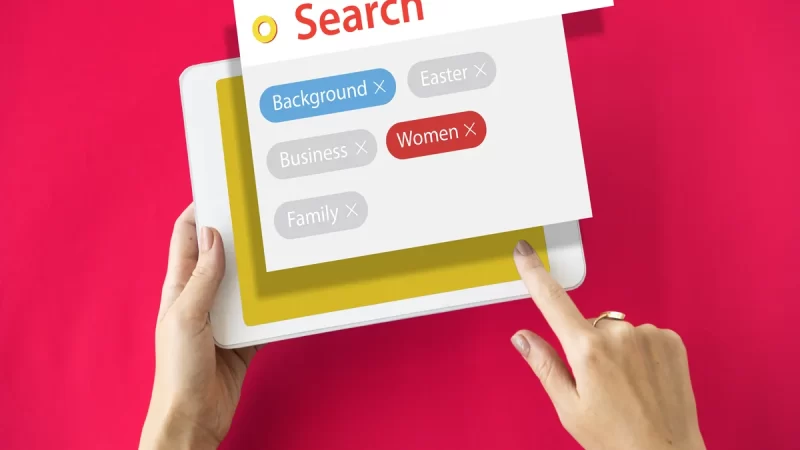Google to Phase Out Third-Party Cookies in Chrome, Introduces Privacy-Preserving APIs

Google has revealed its plan to gradually eliminate third-party cookies from its Chrome browser, with the process set to commence in the first quarter of 2024. Initially, the phasing out will affect 1% of Chrome users, followed by the second phase targeting the complete disablement of third-party cookies for all users in the second half of 2024.
What is Privacy Preserving API’s?
In addition to the cookie phase-out, Google is actively developing privacy-preserving application programming interfaces (APIs) that will enable developers to test the effectiveness of advertisements without resorting to user tracking across different websites. Anthony Chavez, the VP of Privacy Sandbox at Google, stated that these APIs will be accessible to all Chrome users from July 2023, enabling developers to conduct large-scale live-traffic testing and facilitating a smooth transition away from third-party cookies.
Chavez emphasized the need for early preparation within the ecosystem for a web without third-party cookies, including evaluating solutions that incorporate the Privacy Sandbox APIs. Third-party cookies, which are files generated by websites and utilized by advertisers to monitor users’ browsing activities and display targeted ads, have faced significant criticism from privacy advocates and regulatory bodies in various countries. As a result, Google has been exploring less invasive methods to assist advertisers in delivering personalized ads.
Google introduced the Privacy Sandbox for Chrome in July 2020 as a platform to investigate and test alternatives to cookie-based ad tracking. Over time, Google has experimented with multiple approaches to replace third-party cookies. One of the earlier proposals, known as FLoC (Federated Learning of Cohorts), was found to have potential identification risks through fingerprinting. It has since been replaced by the Topics API, which enables ads to be shown based on interest-based categories.
Apple’s Safari browser was the first major browser to disable third-party cookies in 2020, and Apple has subsequently introduced several additional privacy features that prevent apps from tracking users without explicit consent.
The move by Google to phase out third-party cookies is expected to have a significant impact on the online advertising industry, requiring advertisers to find new methods for tracking users and targeting them with personalized ads. According to a report by Adobe in March, 75% of marketing professionals worldwide still heavily rely on third-party cookies, with even higher reliance in India, where the figure stands at 82%.
What is 3rd Party Cookie & First Party Cookie means?
First-party cookies:
First-party cookies are small text files created by the website you are currently visiting. These cookies are designed to enhance your browsing experience by storing information such as your preferences, settings, and login details. They are specific to the website you are on and can help remember your actions and preferences for future visits. For example, a first-party cookie can remember items you added to your shopping cart on an online store.
Third-party cookies:
Third-party cookies are also text files, but they are created by websites other than the one you are currently visiting. These cookies are usually placed by third-party advertisers or tracking services that have a presence on multiple websites. They track your browsing behavior across different sites to gather data about your interests, habits, and online activities. The information collected is then used to deliver targeted ads or personalize content across various websites. For instance, if you search for a particular product on one website, you might see ads related to that product on other sites you visit.
In simple terms, first-party cookies are created by the website you’re directly interacting with and serve purposes related to that specific site. They help improve your experience on that particular website. On the other hand, third-party cookies are created by external entities and track your activities across multiple sites, often for advertising purposes.
It’s worth noting that due to privacy concerns, there has been a shift towards limiting or phasing out the use of third-party cookies in web browsers, as seen with Google’s plans mentioned earlier.







